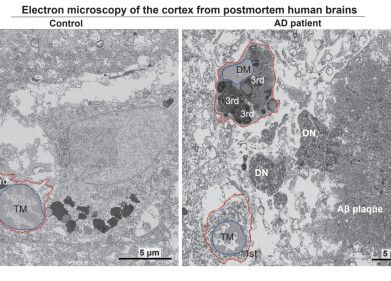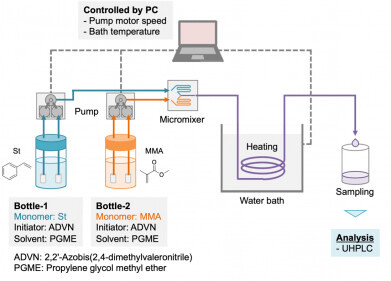-
-(2).jpg) Alan Goddard (Credit: University of Aston)
Alan Goddard (Credit: University of Aston)
Research News
BIOMEM project aims for selective extraction from water
Feb 05 2024
Aston University’s newly founded Institute for Membrane Excellence (AIME) has received its first significant award as part of a consortium led by Danish biotech company Aquaporin, which has received a €3m grant from the European Innovation Council (EIC) Pathfinder programme to develop a novel bioinspired membrane to selectively extract compounds from water. Water filtration technologies that require high pressure and energy inputs may not be selective about the molecules they filter and the BIOmimetic selective extraction MEMbranes (BIOMEM) being developed by the consortium are aimed at extraction of single compounds from aqueous solutions, while using 50% to 75% less energy than other nanofiltration technologies.
With the potential to be used in various sectors, such as removal of phosphate from wastewater and for extraction of valuable products from fermentation such as vitamins and pharmaceuticals, the consortium believes its technology could be game-changing for bioprocessing industries through reduced processing costs.
Dr Alan Goddard and the interdisciplinary team at Aston University, including Dr Alice Rothnie and Professor Roslyn Bill from the School of Biosciences; and Dr Matthew Derry, Professor Brian Tighe and Professor Paul Topham from the School of Engineering and Physical Sciences, will generate and test novel polymers capable of extracting transport proteins and their stabilising lipids from biological membranes, whilst retaining their activity. The stabilised, extracted proteins from Aston University, will enable the rest of the consortium to assemble the new bioinspired membranes and characterise them to understand their organisation and function. This will allow them to design and optimise membranes for custom target compounds. The partners are aiming to eventually produce ‘plug and play’ bespoke selective membranes.
Dr Goddard said: “This is an incredibly exciting opportunity to really redefine how industrial separation membranes are made and to create a platform system that can be used across a whole range of sectors. Our consortium has representatives from all stages of membrane manufacturing, including industrial partners, to ensure we focus on real-world relevance and application.”
Torsten Bak, Senior Vice President of the Aquaporin Deep Tech Center and leader of the project at Aquaporin, said: “We are thrilled to announce the BIOMEM project and look forward to working with the consortium. The successful funding from the Pathfinder programme now positions us to commence a long-anticipated project to develop a novel biomembrane with unique properties that have the potential to optimise various industries.”
The BIOMEM consortium also includes the French National Centre for Scientific Research (Centre national de la recherche scientifique (CNRS)), Copenhagen University in Denmark, Tampere University in Finland and dsm-firmenich, a global science and innovation leader in nutrition, health and beauty.
More information online
Digital Edition
Lab Asia 31.6 Dec 2024
December 2024
Chromatography Articles - Sustainable chromatography: Embracing software for greener methods Mass Spectrometry & Spectroscopy Articles - Solving industry challenges for phosphorus containi...
View all digital editions
Events
Jan 22 2025 Tokyo, Japan
Jan 22 2025 Birmingham, UK
Jan 25 2025 San Diego, CA, USA
Jan 27 2025 Dubai, UAE
Jan 29 2025 Tokyo, Japan


















